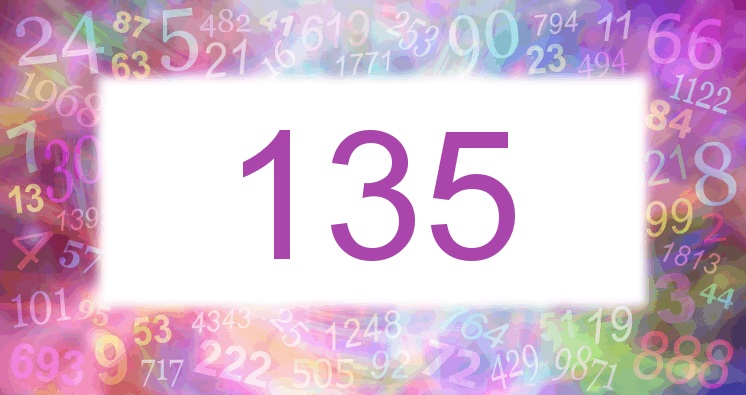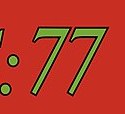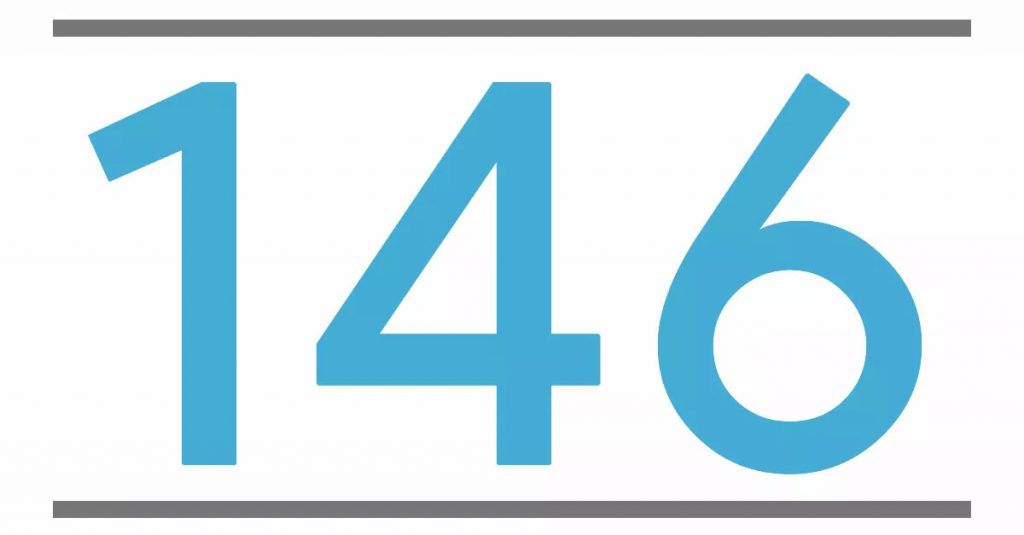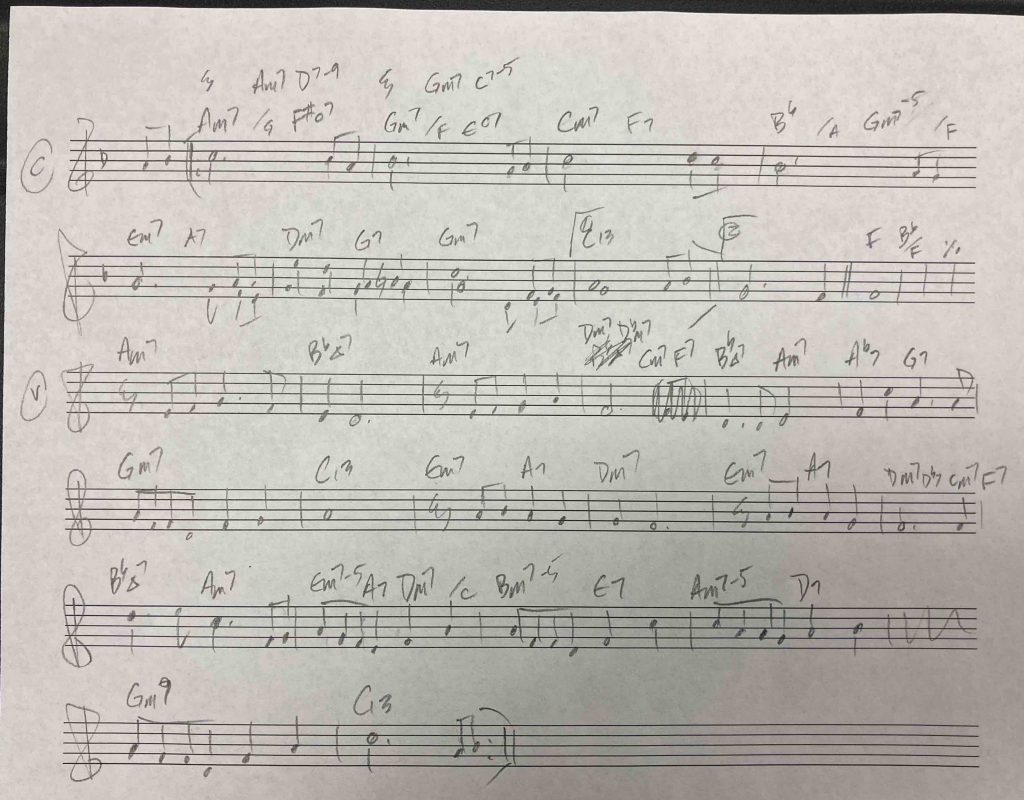Update: Sheet music for this song is now available at gregscheer.com.
I’ve co-written with Adam Carlill three times previously. What I love about his Psalms for the Common Era is that the texts scan so well. “Scanning” is how well a text follows its own patterns of meter and syllabic stress. Hymn text writers often write with a slow tune in mind, which tends to flatten stress patterns somewhat. When these texts are put to a faster or more rhythmic tune, they start to unravel. Adam’s texts hold up well with the pressure of rhythm and speed. It makes them really easy to work with as a tune writer.

Less easy is Psalm 18. The first difficulty is that it is very long. As committed as I am to singing the Psalms, I can’t imagine a congregation trying to sing the whole of Psalm 18, even though Adam has packed it into a mere 20 verses. This is approaching the epic proportions of “The Wreck of the Edmund Fitzgerald”!
The second difficulty is the Psalm’s content. It starts with praise for God’s strength and a plea for help. Then it moves into the “God’s taking names and is coming down to bust some heads” portion of the Psalm. After a brief sidestep into an overly flattering assessment of the Psalmist’s own piety, the Psalm turns back to God’s strength–this time in the form of the strength God gives the Psalmist, who can now leap like a deer without twisting his ankle and is now ready to take names and bust some heads himself. It ends with more praise for the victory God will give.
For the recording, I chose six verses that I felt represented the overall Psalm well. Those who want to delve into the more difficult areas of the Psalm can sing all 20 verses or study the Psalm with a good Bible commentary in hand. I should also note that I added a short refrain to Adam’s text. It felt like the song needed something to break up all those verses. I could imagine a leader singing a few verses at a time and then handing it over to the congregation to sing the refrain.
1. I love you, God my Lord,
my stronghold and my rock,
my refuge, my eternal ward
and sturdy lock.
my ancient keep and wall,
my fortress and retreat;
I praise and call you, Lord of all,
my victory seat.
O Lord, my God,
my refuge strong,
protect me from all those
who’d do me wrong.
(For the rest of the lyrics, see Adam Carlill’s Psalms for the Common Era.)










